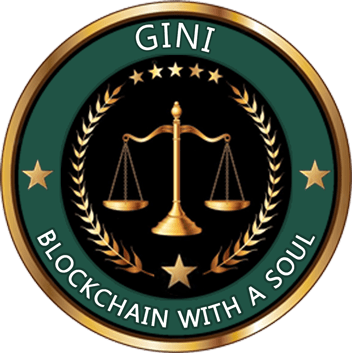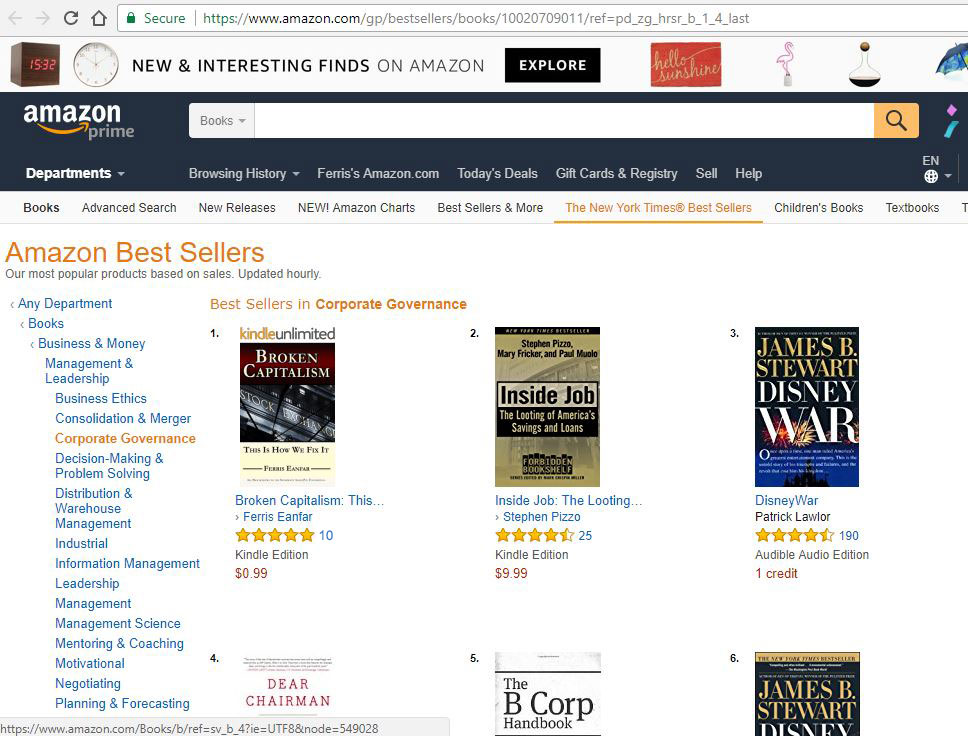Ancient Roots. The interdependent fields of modern Economics and Political Economy today are the result of thousands of years of accumulated economic ideas and philosophical inquiry, dating all the way back to Ancient Greece when Hesiod wrote about the earliest known economic ideas in his poem, Works and Days (circa 750 to 650 BC). Later, Ancient Classical Period philosophers like Plato (The Republic, circa 379 BCE) and Aristotle (Politics, circa 350 BCE) developed theories associated to money and the role of government in economic, trade, social welfare policies and regulations.
Modern Roots. Relatively little progress in the field of Political Economy was made until Adam Smith’s 1776 book, The Wealth of Nations. Since then, philosopher-economists like Thomas Malthus’ exploration of the limits of human population growth, Jean-Baptiste Say’s efficient market theories, David Ricardo’s theory of comparative advantage, John Stuart Mill’s exhortations to study Economics with an ethical awareness of broader humanitarian goals, Karl Marx’s theories about capital-labor relations and the consequences of industrialization on human civilization, Henry George’s insights into the relationship between land and socioeconomic outcomes, Keynes’ theories to maximize human employment and minimize monetary inflation . . . all these ideas have touched the foundations of the economic analysis, government policymaking, and World Trade Organization (WTO) rules that govern our global economy today.
Deviating from the Roots. At the end of the 19th Century, the field of Economics gradually shifted away from the broad, humanitarian focus that prior generations of political economists had emphasized. They started to focus more on technical metrics, theories, and models associated with corporate productivity and profit maximization. They stopped calling themselves “political economists” and became only “economists.” Then, around 1980, many economists (particularly in the U.S.) took a sharp turn toward an essentially mercantilist economic ideology that focuses almost exclusively on maximizing national GDP and corporate profits, regardless of the costs to society or the environment. This was a significant departure from the more holistic classical liberal approach used by most economists and political economists over the preceding 200 years.
Politics vs. Economics Is a False Dichotomy: The Birth of Political Economy. Succinctly, politics is the study of power and influence. Economics is the study of how scarce resources and value are distributed throughout a society, but the distribution decisions are based on human governments and laws that are controlled by human power and influence. Thus, economics and politics are inseparable. This is why the field of “Political Economy” was the original field that Adam Smith founded when he published The Wealth of Nations. In fact, classical liberals like Adam Smith, J.S. Mill, Locke, Hobbes, Montesquieu, and all the U.S. Founding Fathers never believed economics could be legitimately separated from politics. This is why “Political Economy” was the label generally used to describe all economic activity until the end of the 19th Century.
Politics vs. Economics Is a False Dichotomy: The Birth of Economics. The field of pure “Economics” emerged when Alfred Marshall published his 1890 academic textbook, Principles of Economics. He published that textbook in response to corporations and politicians who wanted to start developing academic theories and models to justify the profit motives of corporations and nations. By design, all academic economic models and theories (including Mises’ “Theory of Money and Credit” and Keynes’ “General Theory of Employment, Interest and Money”) explicitly and structurally ignore the complexities of politics and human nature. This fundamentally distorts their models and all conclusions derived from their models.
Separating Economics from Politics Creates Many Socioeconomic Problems. The artificial and arbitrary separation between Economics and Politics was inconceivable to classical liberals like Adam Smith because they knew that politics and economics are simply two sides of the same coin: There is no free-market economy without meaningful democratic governance, and there is no meaningful democratic governance without a sustainable economy that distributes value equitably throughout a society. (I did not say “equally.” There’s a big difference. See my book, Broken Capitalism: This Is How We Fix It for a deeper exploration of that topic.)
Building Sustainable Cryptocurrencies & Blockchains Depends on a Deep Understanding of Political Economy. Classical liberals (see the difference between classical liberals vs. neoliberals) understood that trying to separate economics from politics is like trying to separate hydrogen and oxygen atoms in H2O: It’s no longer life-giving water if you separate their components. So, why is this important? Because this artificial separation leads to many problems when governments, societies, and blockchain projects try to build economic systems based on Mises’ and/or Keynes’ academic or libertarian or socialist theories alone. Having a strong understanding of Political Economy and a strong consensus-based governance model to protect economic ecosystems from the distortionary impact of high concentrations of economic and political power is essential to building truly sustainable cryptocurrencies, economies, democracies, and societies.
About Ferris Eanfar
Ferris Eanfar has over 20 years of experience in technical, financial, media, and government intelligence environments. He has written dozens of articles and several books in the fields of Economics, Crypto-Economics, and International Political Economy, including Broken Capitalism: This Is How We Fix It and GINI: Capitalism, Cryptocurrencies & the Battle for Human Rights and the Global Governance Scorecard. Ferris is a cofounder of the Gini Foundation, which builds unique cryptocurrency systems to protect human rights, among other benefits; and the CEO of the AngelPay Foundation, a nonprofit financial services company with a mission to “return wealth and power to the creators of value.” To learn more about Ferris, please visit the About Ferris page.Visit Ferris on:

 Gini Website Coming Soon. We (
Gini Website Coming Soon. We (
